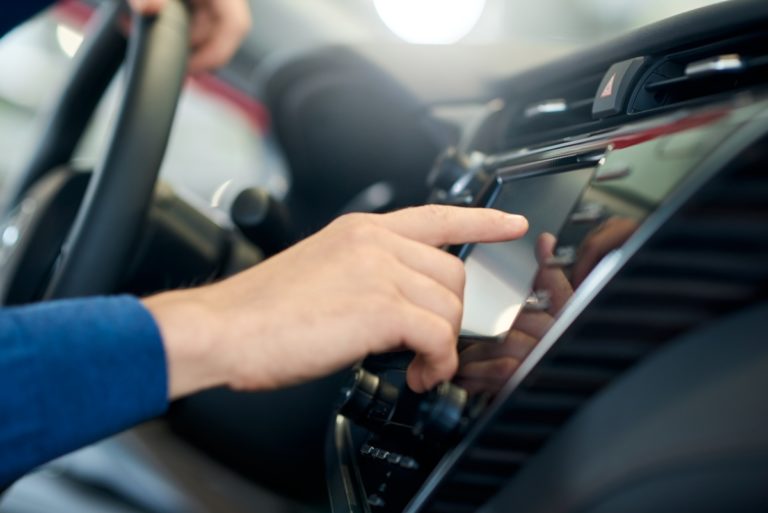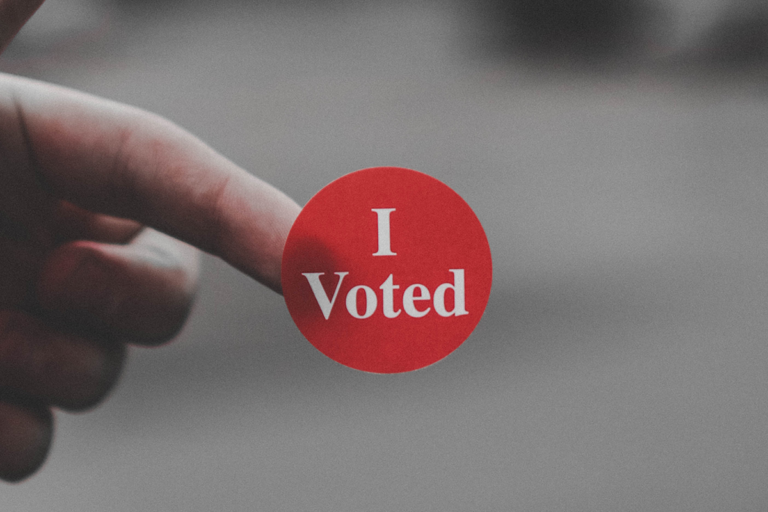The article originally appeared in the Worcester Telegram by Cyrus Moulton.
LEOMINSTER – You’ve probably seen the ads.
The big dollar signs affixed to a dealership warning of a monopolistic future where only manufacturer-associated dealers can service your car? Or the camera/stalker advancing on a lone woman in a parking garage?
The proponents and opponents of Question 1 – a question to expand the Right to Repair law to include wireless data transmitted by the vehicle – have flooded the airwaves, eliciting reactions from fear to indignation to outrage (and not just the outrage that the ads perhaps intended) as well as claims of misleading voters.
But the choices between monopoly or violence seemingly provided by the ads is more tangential than salient.
Rather, the choice is about data, and the debate on Question 1 raises who controls the data, what are they used for, and its security.
“In my mind, this is a big data play, and the car companies are staking out their claim on a commodity that is going to be extremely valuable in the future,” said Ed Davis, the former Boston police commissioner who is a spokesman for the Right to Repair Coalition that supports the question. “That’s why they are fighting this so vehemently.”
Indeed, a long list of big auto manufacturers have raised a total of nearly $26 million for the Coalition for Safe and Secure Data in opposition to the question, according to a campaign finance report.
Conor Yunits, a spokesperson for that coalition, readily acknowledges the debate’s about data.
But he points to prominent donors to the Right to Repair Coalition such as AutoZone, Advance Auto Parts and other out-of-state aftermarket repair suppliers as the ones who want to benefit.
“It’s exactly what it is,” Yunits said when asked if this was a play for big data. “It’s a play for the AutoZones and O’Reilly for data: that’s all the question is.”
So what is this data that is so desirable?
It’s called telematics, and it is the mechanical data that is transmitted wirelessly from a car to the manufacturers.
A 2012 ballot question and 2013 “Right to Repair” legislation gave independent repair shops the ability to plug into a car to access information to help diagnose problems, effectively ensuring that a consumer has more places than a dealership to get their car fixed.
Question 1 asks voters to revisit the question and expand it to include telematics, making that information available on a standardized, open access data platform that vehicle owners could access through an app. Independent repair facilities and dealerships would be able to retrieve mechanical data from, and send commands to, the vehicle for repair, maintenance and diagnostic testing.
So what has this to do with monopolies or stalkers?
Tommy Hickey, director of the Massachusetts Right to Repair committee, said that telematics are not readily divulged by the car manufacturers. And in the wireless future as more cars go to telematics, legislation is required to ensure that independent repair shops get that information, Hickey said.
“We’re continually playing a cat-and-mouse game with car manufacturers … despite the 2012 law, there’s always a way around it,” Hickey said. “Without any law they are at the mercy of the car manufacturers.”
“They want a monopoly on the repair market, that’s why they fought in 2012,” Hickey continued. “Now they’ve resorted to scaring voters into thinking that sexual predators will be getting access to your information, and this is just about getting your car fixed where you want.”
Yunits counters that if it were really a case of getting the car fixed where you want, the ballot question could specify that personal information or location data not be included. The ballot question language, however, does specify “expanded access to mechanical data related to vehicle maintenance and repair.”
“Right to repair is not being voted on,” Yunits said. “The only thing being voted on is the specific issue of remote real-time access to your vehicle … Local mechanics have access to all the information they need, and because (additional information) is unnecessary, it raises risks of cybersecurity and personal privacy and safety.”
Yunits noted that the National Highway Traffic Safety Administration in a July 20 letter expressed concern about cybersecurity risks, including hacking of data and even remote control of a vehicle’s systems to manipulate its performance.
“Two of the most important techniques – logical and physical isolation of vehicle control systems from external connections, and controlling access to firmware that executes vehicle functions – may be rendered impossible by the provisions of this ballot initiative,” the letter states. “The ballot initiative requires vehicle manufacturers to redesign their vehicles in a manner that necessarily introduces cybersecurity risks, and to do so in a time frame that makes design, proof and implementation of any meaningful countermeasure effectively impossible.”
And while the NHTSA doesn’t consider a “malicious actor” stalking a lone woman in a parking garage, it does suggest such a person causing trouble: “a 4,000 to 80,000 lbs. vehicle operating at highway speeds can pose an incredible amount of danger to its surroundings if manipulated,” the letter said.
This quick video has more informationAd by Sponsor See More
Moreover, testimony from a proposed law in California – which Yunits said is “not really different” from Question 1 but which Hickey and Davis said was nothing like the Massachusetts ballot question because it does not include geo-location data – did raise concerns about stalkers.
But amongst all this noise, where does this leave local auto body shops?
Mary T. Jean of American Auto Body and Repair in Leominster is a member of the Right to Repair Coalition.
Hickey said more than 1,600 independent repair shops and parts stores representing 30,000 jobs in Massachusetts are part of the coalition. Yunits was not able to provide the Telegram & Gazette with an auto body shop willing to speak against the ballot question by deadline Friday.
Jean realizes that it’s about the data as well, but she thinks that the data goes with the owner of the car, not the manufacturer.
“I think the biggest thing on this is the driver owns the car, the driver should be able to choose what to do with their own mechanical and diagnostic information,” Jean said. “It’s your car, it’s your choice, and it’s just being taken away from all consumers.”
Jean also said that not having that choice would be expensive for her customers.
With insurance reimbursement rates, dealers can charge up to $139 an hour for car repairs while independent shops can charge only around $40 to $42 an hour, she said. Then there are the transportation costs for the cars she said she has to bring to the dealer because she cannot access the latest codes.
Yunits counters that the 2013 legislation has a method to report not being able to access codes, and so far 11 total complaints have been made and “only a handful” were about not being able to access information.
And, yes, Jean said she bristles at the ads.
“There’s no personal information that comes from a car scan,” Jean said. “To say I could stalk you by doing a scan of your car, it’s extremely disingenuous, it’s not even close to the truth.”




